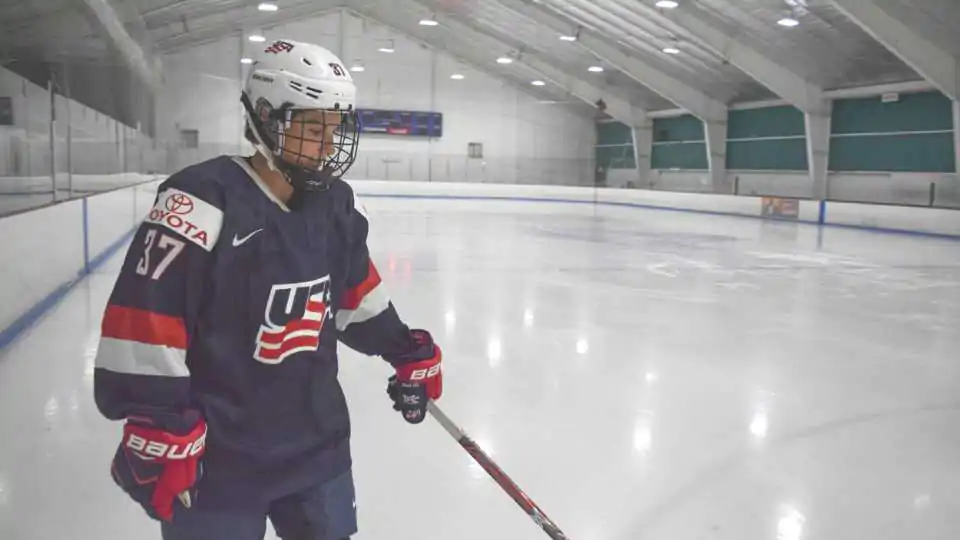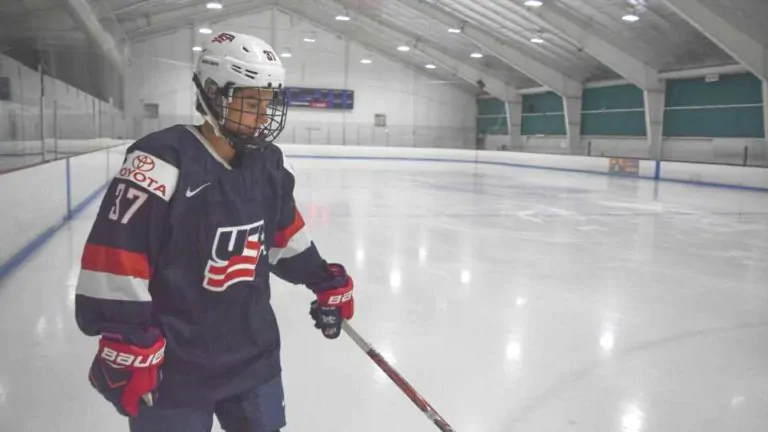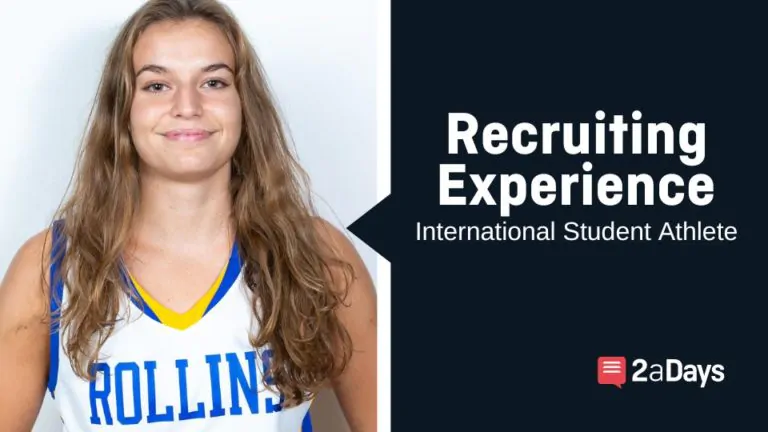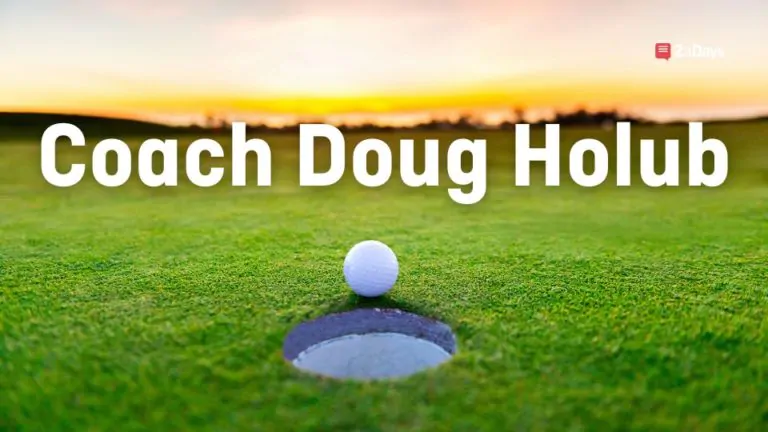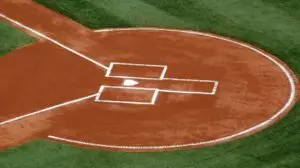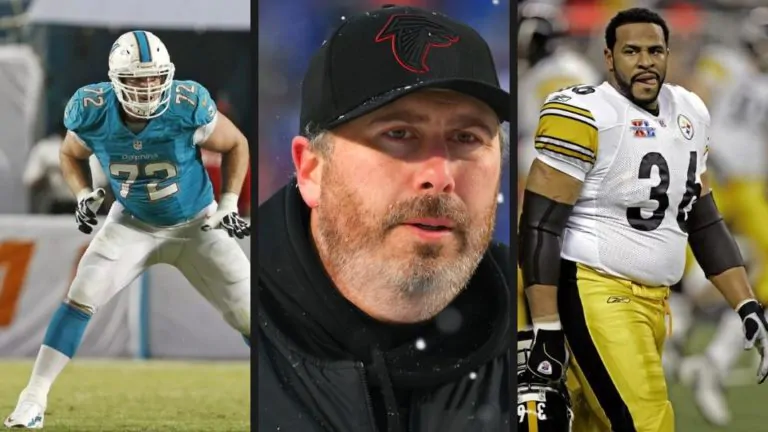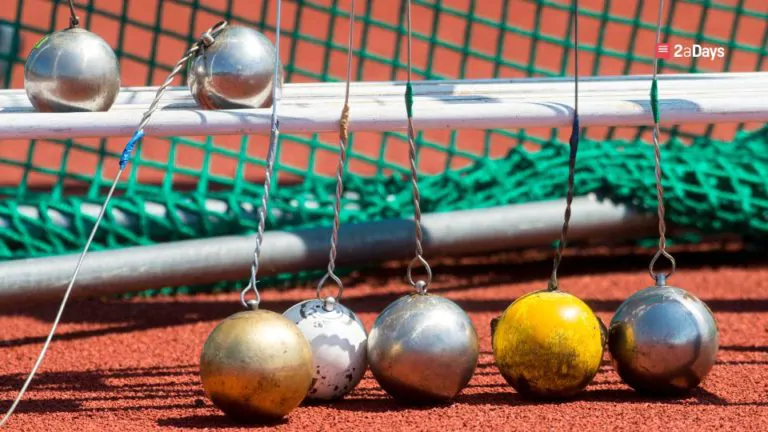Amanda Pelkey, a Vermont native, played four years of NCAA Division I Hockey at the University of Vermont. She led the Catamounts as a senior co-captain and finished her career with the all-time leading goal record with 49 goals and 56 assists for a total of 105 career points. She was the first player in program history to reach the 100-point mark. After college, Pelkey went on to play professionally for the Boston Pride in the NWHL. Pelkey also competed in tournaments with the U.S. National Team. In 2018, Pelkey was chosen to represent the United States in the Olympic Winter Games in Pyeongchang, where team USA captured gold.
2aDays: Why UVM?
“I remember when I was in high school, I had the opportunity to look at many schools since we would have tournaments on their campus. To be honest, UVM wasn't at the top of my list. Growing up in Vermont, I always idolized the school but always thought I would end up in Boston or out West. I looked at many hockey east schools, and the timing just didn't work out at one point. It was a blessing in disguise and opened up a door for me at UVM, and I can't imagine going anywhere else. The staff was incredible, the community thrives over UVM athletics, and my classmates were outstanding.”
2aDays: If you could go back in time, what is the one thing that you would change about your recruiting process?
“There is not much that I would change. Even though it was a tough process, it was also a process that helped me mature. It's crazy to think we make such a big lifetime decision when we are that young. I always tell the kids, anytime you have a chance to visit a school, if you're in the area, do so. It'll help narrow down your taste.”
2aDays: How was your relationship with your coaches in college? If you could give them advice as far as coaching is concerned, what would that be?
“My relationship with my coaches in college was great. I was very lucky. My coach, sophomore through senior year, was Jim Plumer. He coached the game in a different way and had other aspects different from your typical coaching style. I liked that he had a deeper layer of knowledge to him. He was huge on practice performance and would show us how it correlates to game performance. Most of the time, it was spot on. I also knew he would give me his honest opinion about everything, whether that would be about hockey or anything in life, even if you didn't want to hear it. He also had great taste in choosing his assistants.”
2aDays: How many times a week did you work out in season for UVM?
“During the season, we would work out about 3x a week. During offseason was intense. Spring training was every morning of the week. Our strength staff was incredible.”
2aDays: What resources were available to student-athletes as far as academic support at UVM?
“UVM is outstanding with athletic support. We had one building where study hall was that had academic advisors in there 24/7. They were all very personable and found time in their schedules to sit down with you and catch up on current classes and classes you may be interested in. They also had great relationships with teachers, which kept that bridge connected between athletics and academics.”
2aDays: What advice can you give to a college student-athlete about balancing academics, athletics, and social life?
“My advice would be to get in a consistent habit of writing things down. Ever since I was younger, I was huge on organizational skills. Buying planners were my favorite thing. It helped with scheduling, homework, projects and my athletic schedule. I was fortunate to have learned time management when I was younger. I traveled so much when I played that I basically taught myself on the road. I'd usually miss Friday and Monday of school but would still make sure my work was done. If you write out a schedule for how long you will study and how long you'll be training, then you can always find time to be with teammates and friends.”
2aDays: What is the best piece of advice you can offer an athlete who is looking to play at the next level?
“Best advice for an athlete looking to play at the next level: stay consistent in being “hungry” to progress. Even at 25, I know I haven't reached my potential yet. With that being said, the training never stops. Yes, you need breaks to let your body rest, but my mind is always wanting to get better. It's hard to stay consistent, but that's the biggest factor. Hopefully, one day, we won't need to balance a working career and a hockey career. Both require a lot of focus. But to play after college, you still need to love the game and consistently push yourself towards your potential.”
2aDays: What is the number one ingredient that a team needs to have to be successful on the ice?
“Chemistry.”
2aDays: How was the transition from college hockey to professional hockey? What was your biggest hurdle?
“College hockey and post-grad hockey both entail physicality. I think that when you continue to play professionally and at the national team level, you need to make decisions with the puck faster. The biggest hurdle after college was making sure I continued to train hard but also making sure I could pay my bills. It all circles back to time management that you learned before and during college.”
Photo by amandaypelkey.com
2aDays: What was the best piece of advice you've gotten from a coach, who was the coach?
“First from Mike Gilligan who recruited me and coached me as an assistant from freshman year. He used to be the head coach for UVM men's hockey and coached the class that Martin St. Louis was in. His advice was indirectly through Marty's career. Marty wasn't the biggest player but made a name for himself in college, which eventually got him a spot in the NHL where he had an amazing career. Gilly would always relate us two, which I always thought was pretty wild, but even when I was little, I tried to play like Marty and prove that being small has no barriers in hockey. Gilly pushed my inspiration to a whole new level.”
2aDays: Going into the gold medal game at the Olympics, how did you control your emotions or nerves? Any advice that you can give to athletes who are playing college sports for the first time would help.
“The funny thing is, I slept the best I slept during the whole Olympics the night before the gold medal game. Both Brianna Decker and I woke up feeling like it was Christmas morning. From the second we woke up to the drop of the puck, there was zero doubt. Our team had waited for this day our whole lives. Our coach kept telling us that it's the same “game” we have played our whole lives. As simple as it was, it made total sense. No reason to be nervous. It's just us vs. them; nothing else mattered for those three periods. I always tell the kids who are nervous about being recruited or playing in a big game that the more “free” and relaxed you play, the better. And if you're smiling and excited about the game, you'll do just fine.”
2aDays: What is your go-to meal before a game?
“Go to meal; I would say chicken, veggies, salad, fruit and some kind of grain. It could be a little pasta or wheat bread. And of course, a delicious coffee.”
2aDays: What is the funniest thing that happened to you during a game?
“The funniest thing that has happened during a game… That's a hard one. Pretty sure my hair fell out of the hair tie. That was pretty bad. And the classic skate guards on the skates running onto the ice for warm-ups. We all know how that ends.”
* Originally published on February 3, 2020, by Kathleen McHugh
